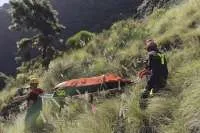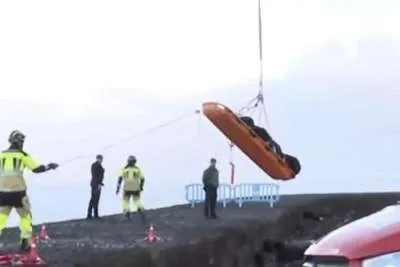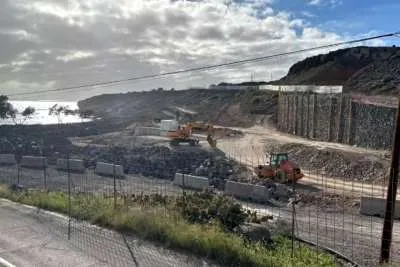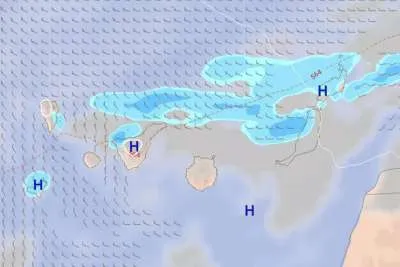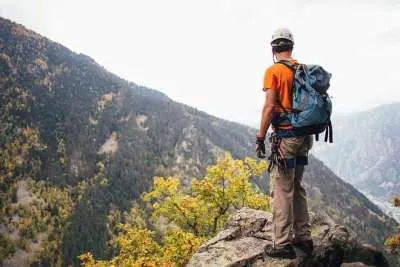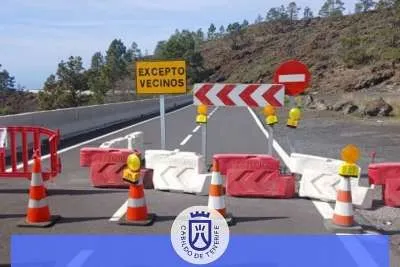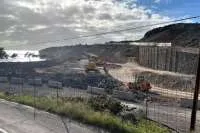DGT warns: Off-Road driving could result in fines up to €30,000
- 15-06-2025
- National
- DGT - Trafico
- Photo Credit: Talent24h
Weekend drives into the countryside have become a popular pastime for many, but they may be unaware that taking their cars off-road could come with a hefty price tag. Current traffic laws strictly regulate motor vehicle access to rural tracks, forest paths, and unpaved terrain, unless under specific exemptions.
Driving off-road is prohibited, and fines can range from €300 to €5,000. In the most serious cases, including damage to protected natural areas, penalties can reach up to €30,000.
With SUVs now making up nearly 60% of new car sales in Spain, including the Canary Islands, authorities say more drivers are venturing off-road, often unaware that such journeys are illegal. Both Spain’s Forestry Law and Livestock Routes Law expressly ban unauthorised motorised traffic on rural or natural tracks.
According to the traffic authority (DGT), environmental offences can lead not just to administrative fines, but also criminal charges if significant ecological damage is caused.
Fines vary by severity as follows:
- €300 for driving without permission on a rural track
- €5,000 if the area is environmentally protected or visibly damaged
- Up to €30,000 for serious offences or harm to delicate ecosystems
Regions such as Madrid, Valencia, Asturias, and the Balearic Islands have already introduced tighter controls, with random patrols and signage in place.
When Is Driving Off-Road Allowed?
While the default rule is prohibition, exceptions do exist. Drivers may access rural tracks if they lead to private property or isolated villages with no alternative access. Even then, strict conditions apply: speeds must stay below 20 km/h, and group travel is discouraged.
Local councils may also enforce additional restrictions. In cities like Vigo, motorised access to natural areas is heavily regulated. In regions like Catalonia, it is outright illegal to drive on dry riverbeds, firebreaks, or forest tracks, with the risk of vehicle seizure.
How to Stay on the Right Side of the Law
For those heading into nature, experts recommend:
- Checking local regulations – Many councils publish restricted zone maps
- Applying for permits – Especially for private access or events
- Avoiding unnecessary driving – Stick to asphalt where possible, drive slowly, and never in groups
Authorities stress that nature should be enjoyed responsibly: “Enjoying the countryside shouldn’t come at the cost of destroying it.”
Other articles that may interest you...
Trending
Most Read Articles
Featured Videos
TributoFest: Michael Buble promo 14.02.2026
- 30-01-2026
TEAs 2025 Highlights
- 17-11-2025






